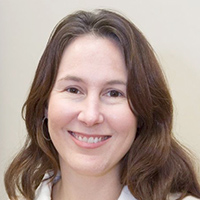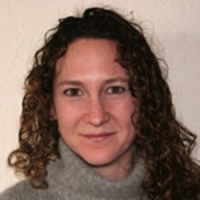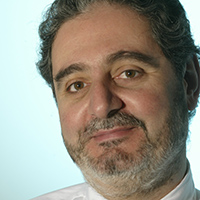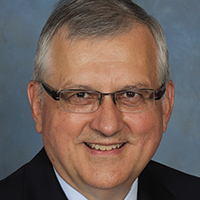Epigenetic discoveries reveal that environmental, dietary, behavioral, and medical experiences can significantly affect the development of an individual and sometimes their offspring. Identification of targets for epigenetic therapy is becoming a public health priority. As we trace epigenetic health problems back, will we begin to point a finger? Who takes responsibility for epigenetic changes? Explore the implications in ethics, society, and the law.
The World Science Festival’s annual salon series offers in-depth conversations with leading scientists, extending the discussion of the Festival’s premiere public programs to graduate students, postdocs, faculty and well-informed members of the general public.
This program is part of the Big Ideas Series, made possible with support from the John Templeton Foundation.


















